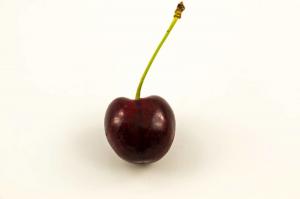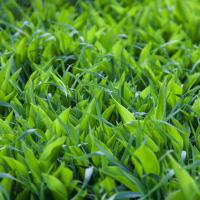Introduction
When it comes to owning a cat, many pet owners are concerned about the safety of indoor plants. Some plants can be toxic to cats and can cause serious health issues if ingested. One popular plant that many cat owners consider adding to their indoor décor is the Ficus benjamina or "fog tree." In this article, we will explore whether or not the Ficus benjamina is safe for cats to be around.
What is Ficus benjamina?
Ficus benjamina, also known as the weeping fig or the fog tree, is a popular indoor plant. It is native to Asia and Australia, but it is now widely grown all over the world. The plant is prized for its decorative look, with dark green, glossy leaves that feature a distinctive, drooping shape. It is commonly used as a houseplant, adding a touch of tropical charm to any indoor space.
Are Ficus benjamina safe for cats?
Unfortunately, Ficus benjamina plants are toxic to cats. All parts of the plant are poisonous, including the leaves, stems, and sap. If your cat ingests any part of the plant, they can develop symptoms such as vomiting, diarrhea, and skin irritation. In rare cases, ingestion of Ficus benjamina can also lead to more serious health issues, such as liver damage.
What are the symptoms of Ficus benjamina poisoning?
If your cat has ingested Ficus benjamina, the symptoms may start to appear within a few hours to a few days. The most common symptoms of Ficus benjamina poisoning in cats include vomiting, loss of appetite, lethargy, diarrhea, and skin irritation. Other, more serious symptoms may include difficulty breathing or liver damage, which can be fatal in extreme cases. If you suspect that your cat has ingested Ficus benjamina, it is important to seek immediate veterinary care.
What should you do if your cat ingests Ficus benjamina?
If your cat has ingested any part of a Ficus benjamina plant, you should seek veterinary care immediately. Your veterinarian may induce vomiting to remove any remaining plant material from your cat's system, or they may administer medications to treat symptoms such as diarrhea, vomiting, or skin irritation. In more severe cases, hospitalization may be required to provide intravenous fluids or other supportive care.
Alternatives to Ficus benjamina for cat owners
If you are a cat owner and want to add some greenery to your indoor space, there are many alternative plant options that are safe for cats to be around. Some cat-friendly options include spider plants, Boston ferns, and bamboo palms. These plants are all nontoxic to cats and can provide a lush, tropical look to your home without putting your furry friend at risk.
Conclusion
In conclusion, Ficus benjamina plants are not safe for cats. If you are a cat owner, it is important to be aware of the potential risks of indoor plants and choose cat-friendly alternatives. While Ficus benjamina may be a popular and attractive houseplant, the risks to your pet's health are simply not worth it. Stick with nontoxic options, and both you and your cat can enjoy the benefits of a beautiful, green indoor space.

 how many times do yo...
how many times do yo... how many planted tre...
how many planted tre... how many pine trees ...
how many pine trees ... how many pecan trees...
how many pecan trees... how many plants comp...
how many plants comp... how many plants can ...
how many plants can ... how many plants and ...
how many plants and ... how many pepper plan...
how many pepper plan...






























